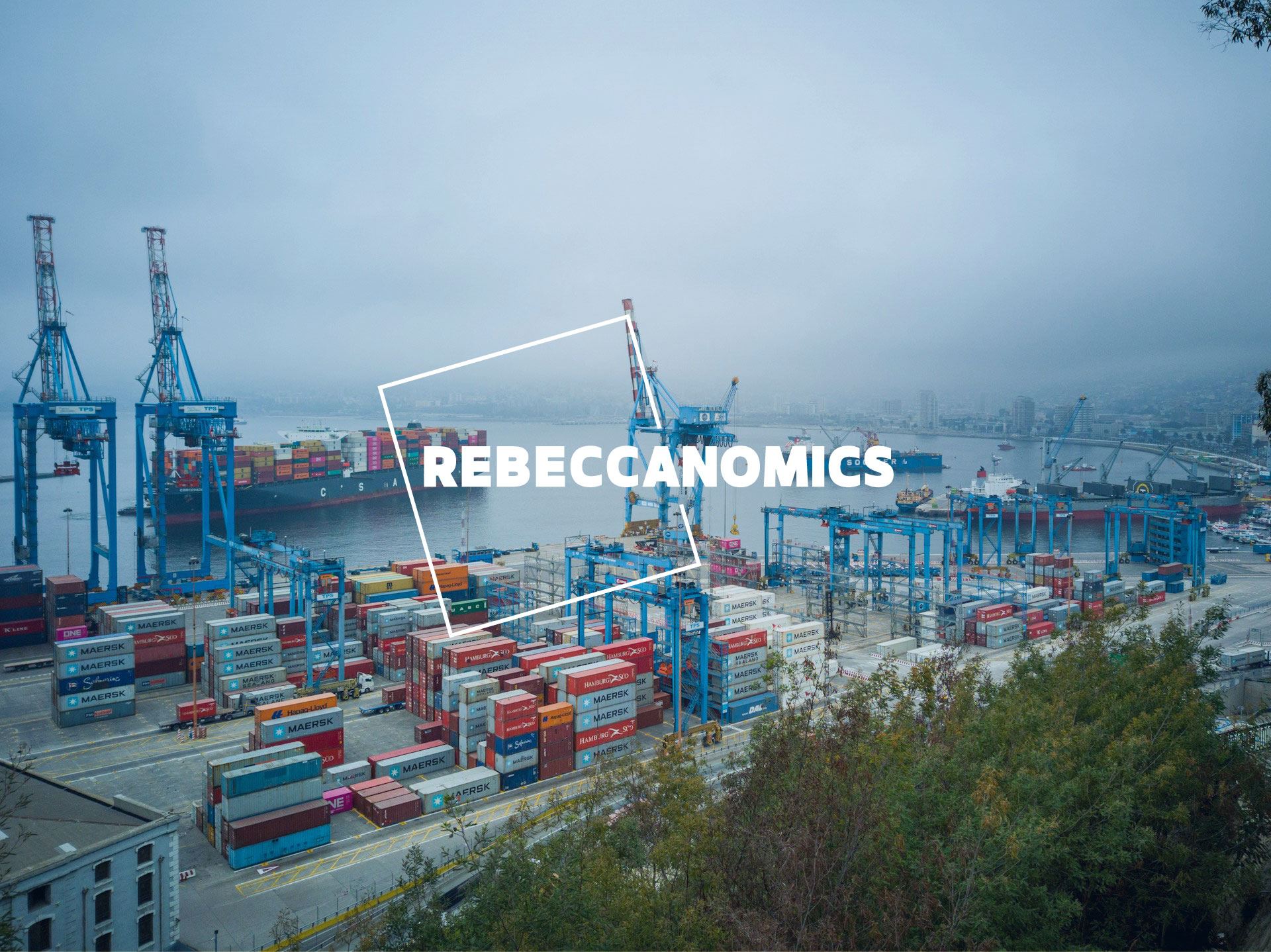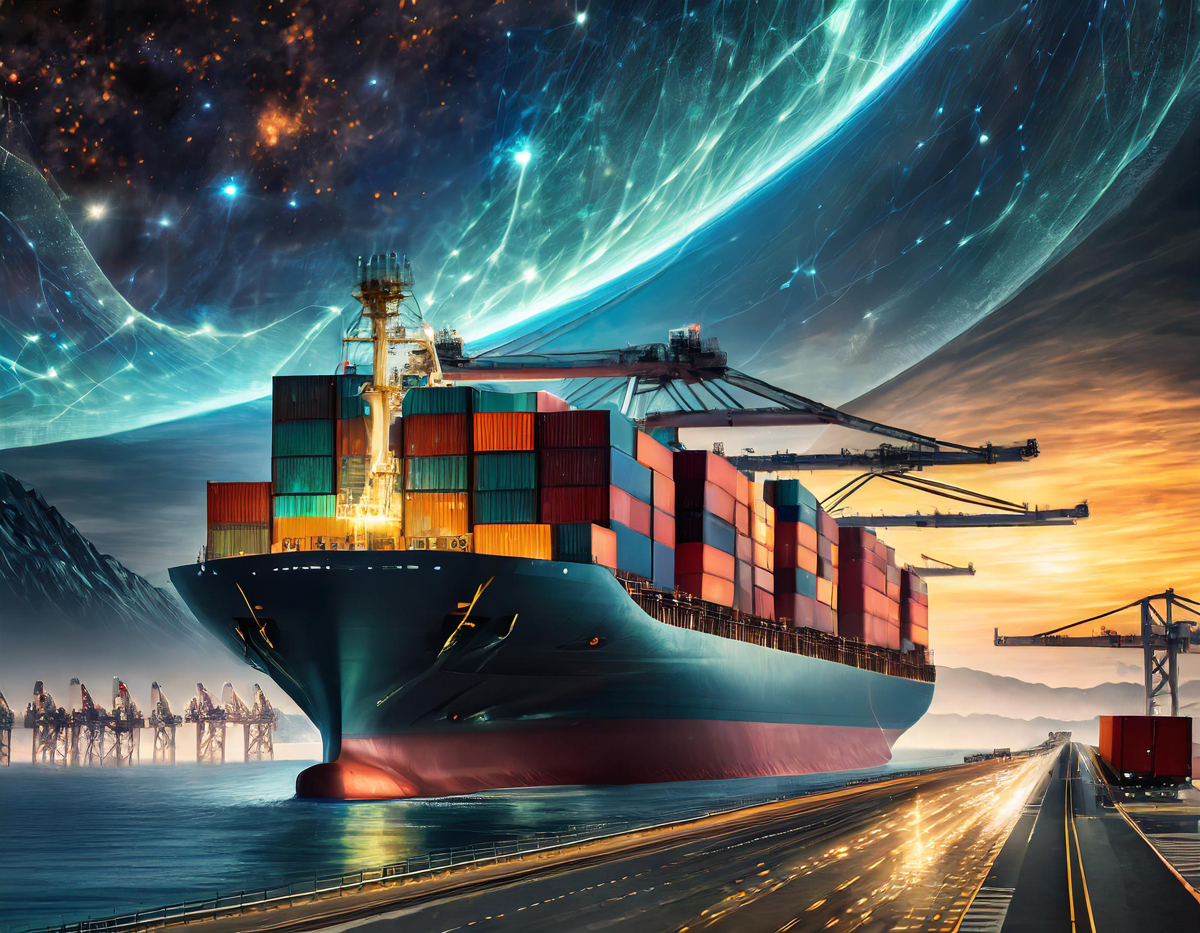
UK & DE Freight in 2024 and Beyond: A Supply Chain Logistics Case Study
Dive into the future of UK & DE freight: Adaptation, green logistics, and technological innovation shaping 2024 and beyond.

Rare earth metals like neodymium and dysprosium are essential to modern technology, from smartphones and electric vehicles to missile guidance systems. But commodity markets often fail to price these scarce minerals in a way that reflects their immense strategic importance. Supply crunches can lead to damaging ripple effects across entire high-tech and defense supply chains. We need a new framework to quantify rare earths’ true strategic value – not just their nominal dollar price per kilogram.
Several factors must be incorporated for a more accurate valuation. First is basic scarcity – how available are global reserves versus projected demand? The rarer the resource, the higher its strategic value. Second, substitutions must be considered. If viable alternatives exist, strategic leverage diminishes despite scarcity. Third, the strategic impact of supply disruptions matters. Resources critical for military applications warrant higher valuations. Fourth, environmental and geopolitical risks that could constrain supply affect value. And fifth, recycling feasibility is relevant – resources recoverable from e-waste provide greater supply security.
This framework would assign “strategic value scores” for key rare earths combining all those factors. The scores can guide corporate sourcing decisions and policymaker stockpiling strategies beyond nominal market prices alone. They would reveal the true cost of allowing specific supply chains to be dominated by geopolitical rivals. Resources with high strategic value but low market prices deserve priority investment in alternative production and recycling capabilities to avoid critical shortages during conflicts.
For illustrative purposes, a rare earth like neodymium used in magnets may receive a hypothetical strategic value score of 92 out of 100 – extremely high due to vast demand from clean energy and defense sectors combined with China controlling over 90% of refinement. In contrast, a rare earth like scandium sees lower demand today, reducing its hypothetical score to just 67. Despite similar market prices per kilogram, this framework reveals neodymium’s significantly higher strategic importance – informing smarter policy.
Of course, accurately assessing factors like substitutability and recycling viability requires extensive expert data analysis. But investing in that work is well worth the costs given the magnitude of supply chain risks. Neither corporations nor governments can afford to manage access to vital rare earths based on simplified market pricing alone. Only by embracing a more nuanced concept of strategic resource value can resilient and secure technology innovation be sustained long-term. The era of Great Power competition demands nothing less.

Dive into the future of UK & DE freight: Adaptation, green logistics, and technological innovation shaping 2024 and beyond.

Join Dr. Rebecca Harding in a crucial discussion on sustainability in economics. Dive into why regulators must evolve GDP metrics to include sustainability for an accurate portrayal of our climate challenges and the journey towards actionable global solutions.

Explore the intricate relationship between trade fragmentation, geopolitics, and supply chain resilience with Dr. Rebecca Harding. Learn why understanding the political landscape is crucial to making economic sense and how strategic trade is shaping the 21st-century battleground.

Uncover the strategic necessity of Supply Chain Resilience in our latest piece by Dr. Rebecca Harding. Discover how today’s trade becomes a domain of warfare and why intelligence in supply chains forms the New Tradecraft in safeguarding national security.

Discover how biometric technology could revolutionize global trade, offering seamless and secure cross-border transactions by reducing inefficiencies at customs and immigration, with real-time tracking and smart contract integrations, promising a future of frictionless international commerce.

Decentralized finance innovations could eliminate inefficiencies and increase transparency across global supply chains. But what are the challenges to mainstream adoption?

With sufficient coordination, shared biometric databases could allow automated frictionless passenger and cargo tracking across borders.

Cyber warfare is emerging as a potent tool for states to destabilize rival economies. But what are its limits compared to conventional coercion?
Contact
Services
About
Insights
Rebecca’s Bio
Terms and conditions
Privacy